Benefits Of Tahini, Nutritional Facts, And Side Effects
There is more good to this sinfully delectable condiment than we give it credit for!
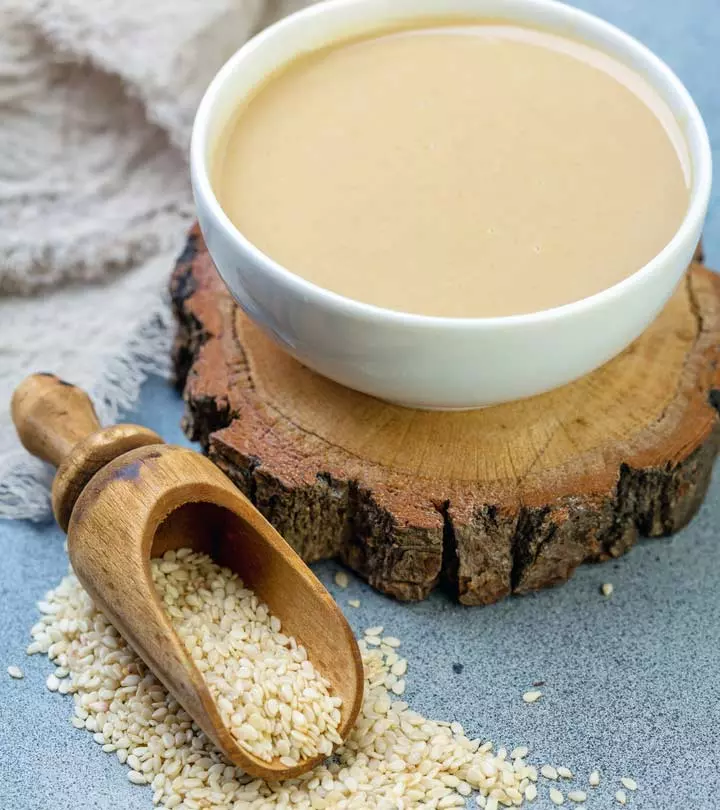
Image: Shutterstock
Dips or sauces made with nuts or seeds add a rich taste to the dish. Tahini is one such dip or paste made of ground sesame seeds and is quite popular in the Middle East. Tahini nutrition and benefits can be attributed to its primary ingredient — sesame seeds. Besides, the creamy condiment is rich in protein, fiber, polyphenols like lignansi A chemical compound present in plants and has estrogenic and anticancer properties. Additionally, it is an effective remedy for chronic diseases. , and magnesium. These nutrients may help reduce cancer risk and improve brain and bone health. Moreover, tahini is also suitable for people with nut allergies.

In this article, we discuss further the health benefits of tahini, its nutrition facts, and its potential side effects. Keep reading.
 Know Your Ingredient: Tahini
Know Your Ingredient: TahiniWhat Is It?
A condiment that is part of Middle Eastern cuisine prepared by grinding roasted sesame seeds.
What Are Its Benefits?
Consumption of tahini may help reduce cancer risks and inflammatory conditions like arthritis, and also improve brain and bone health.
Who Can Use It?
Can be safely consumed by people of all age groups, including pregnant women and lactating mothers.
How Often?
1 teaspoon daily is a safe dose of tahini.
Caution
Tahini must be avoided by people with an allergy to sesame seeds. Excess consumption may cause digestive problems and weight gain.
In This Article
What Is Tahini?
Tahini is made from sesame seeds and is a staple in many cuisines worldwide. It is prepared by roasting sesame seeds and processing them into a crumbly paste in a food processor into a paste. Tahini is commonly used to make Baba ganoush (a roasted eggplant dip) and is mostly used in a vegan diet.
 Quick Tip
Quick TipTahini is bound to have many vitamins and minerals as it is made with sesame seeds. Take a look at its nutrient profile in the following section.
Key Takeaways
- Tahini may reduce cancer risk, relieve arthritis pain, improve bone health, and boost brain health.
- You can add tahini to your diet as a salad dressing, main ingredient of hummus, dip, or baked goodies.
- People with sesame allergies may experience gastrointestinal discomfort if they have tahini.
Tahini Nutrition Facts
100 g of tahini contain (1):
| Energy | 633 kcal |
Protein | 16.67 g |
Fiber | 16 g |
Fat | 53.33 g |
Carbohydrates | 20 g |
Iron | 9 mg |
Calcium | 433 mg |
Sodium | 17 mg |
Cholesterol | 0 mg |
As stated, tahini is very high in fiber, protein, calories, and fat. So, is tahini good for you? If yes, what are its benefits? Keep reading to know.
Benefits Of Tahini
1. May Reduce Cancer Risk
Sesame, the primary ingredient of tahini, contains lignans (polyphenolic compounds) like sesamin, sesamol, sesaminol and sesamolin. These compounds are known to have anti-cancer, anti-inflammatory, and antioxidant properties. Studies suggest that these lignans may prevent the rapid growth of cancer cells by inducing apoptosis (programmed cell death of such cells) and arresting the cell cycle. This, in turn, may help reduce the risk of lung, breast, prostate, colon, liver, cervical, blood, and skin cancers (2).
Sesame seeds also contain bioactive compounds like phytosterolsi A plant-based substance that can fight dietary cholesterol for absorption by the intestines, lowering blood cholesterol levels. , whose chemical structure is very similar to that of cholesterol. Hence, phytosterol-rich diets may help reduce cholesterol levels, and may support cardiovascular health, enhance the immune response, and decrease the risk of certain cancers (3). Similarly, lignans have a similar structure to estrogen. Sesamin and sesamol can bind to estrogen receptors and potentially protect against hormone-related cancers (4).
2. May Relieve Arthritis Pain

Osteoarthritis, one of the most common musculoskeletal disorders, is said to have affected 15% of the population. However, sesame may help relieve the painful symptoms of knee osteoarthritis (a condition where the cartilage in the knee degenerates).
Studies found that sesame intake (40g/day), along with standard drug therapy, had reduced the pain intensity in knee osteoarthritis patients (5). Hence, sesame may be a viable adjunctive therapy. In another study, sesame oil supplement was found to attenuate early joint pains in rats by preventing muscular oxidative stress (6).
3. May Promote Bone Health
Magnesium deficiency may cause osteoporosis (weak and brittle bones) by directly acting on bone cells. Besides, it may also weaken bones by affecting the activity of the parathyroid hormonei It is generated by the thyroid glands and aids in preserving the proper level of calcium in the blood and in tissues that require calcium for healthy function. (7). Consuming tahini, a good source of magnesium, may help improve magnesium levels in the body and enhance bone health.
In a study, women whose magnesium intake was more than 422 mg/day had a significantly higher bone mineral density of the hip and the whole body (8).
4. May Improve Brain Health
Sesame lignans are known to have neuroprotective effects. A study suggests that they suppress age-related cognitive decline in mice by reducing oxidative stress in the brain. Hence, long-term intake of lignan-rich tahini may help improve brain health and prevent cognitive decline (9). However, more studies are warranted to further understand this benefit.
Aren’t all these benefits of Tahini amazing? But what good are they if you do not know how to prepare Tahini at home? Check out the next section for it.
Homemade Tahini Recipe
Ingredients
- ¾ cup sesame seeds
- 2-3 tablespoons olive oil
- A pinch of salt
How To Prepare
- Add sesame seeds to a pan and dry roast them on low-medium flame while constantly stirring.
- Keep roasting until they become fragrant.
- Take the pan off the flame and let the seeds cool down.
- Transfer them into a food processor and blend until you get a crumbly texture.
- Add olive oil to it and blend again.
- Within a few minutes, you should get a smooth paste.
- Add a pinch of salt to it, give it a stir, and store it in an airtight glass container.
 Quick Tip
Quick TipAdding the nutrient-rich tahini to your diet is as simple as it can get. Here are a few ways to do it.
How To Add Tahini To Your Diet

You can add tahini to smoothies or use it as a base for sauces and dressings. It is a versatile ingredient for both savory and sweet recipes because of its nutty flavor and creamy texture, which may enhance a range of foods. It can be blended into fruit smoothies to enhance smoothness, or combined with garlic and lemon to make a tangy dressing for roasted vegetables and salads. Tahini can also be used in place of butter or oils in baking, offering a healthier option.
- As the main ingredient of hummus
- As a salad dressing
- As a dip
- In baked goods
Denise, a food blogger, started experimenting with tahini salad. She prepared a tahini salad dressing and liked it a lot. She said, “I really like the nutty, creamy dressing with the fresh cucumber, tomato and herbs (i).”
 Quick Tip
Quick TipTahini is a tasty addition to your diet. However, it may cause side effects in some individuals. What are they? Keep reading to know.
Side Effects Of Tahini
1. Sesame Allergy

Individuals with sesame allergies may experience gastrointestinal discomfort, vomiting, and hives after consuming tahini (10). Severe reactions like palatal pruritus (itchy roof of the mouth), generalized erythema (skin redness), wheezing, and clinical shock may also occur due to hypersensitivity to sesame seeds. However, such reactions are usually mild at the initial stages. If promptly diagnosed, clinical progression of the symptoms can be prevented by eliminating the offending food from the diet (11).
2. May Cause Indigestion

Sally Stevens, a Registered Dietitian, says “Eating too much tahini can easily cause indigestion. If the intake of oil and protein is too much, they accumulate in the stomach and intestines, which increases the burden on the digestive system, especially in people with poor digestive functions.” However, these downsides are usually mild and subside within a day or two.
Tahini has a high calorie and fat content, thus it is best to eat it in moderation. Overconsumption may cause unwanted weight gain or upset stomachs, especially in people with sensitive stomachs. Portion control is essential for avoiding discomfort or other health problems. But some people do use it for weight loss diets. How? Let’s understand it below.
Is Tahini Good For Weight Loss?

Paula Doebrich, a Registered Dietician, says, “Tahini is a high-fat food and has about 90 calories per tablespoon. This does not make it a low-calorie food, so enjoy it mindfully if you are trying to lose weight. However, if enjoyed in moderation, it can be part of a weight loss diet.”
So, how much tahini can you eat daily? Holly Klamer, MS, RDN, says, “You should take only one tablespoon of tahini which is equal to 15 grams. It is full of minerals and vitamins, and helps in providing enough nutrients to our body.”
How does tahini compare with peanut butter? Which is healthier? Here is what a registered dietitian has to say.
Is Tahini Better Than Peanut Butter?
Holly Klamer says both peanut butter and tahini provide similar nutrients. Both are good sources of heart-healthy fats and minerals. While peanut butter is slightly higher in protein, tahini is richer in calcium and iron.
Infographic: 5 Major Benefits Of Tahini
Tahini offers several health advantages. From reducing the risk of cancers to improving brain health, this nutrient-rich item promotes your well-being in multiple ways. The infographic below lists a few benefits that deserve special mention. Check it out for more information.
Some thing wrong with infographic shortcode. please verify shortcode syntaxConclusion
Tahini is a highly nutritious and calorific food made from the seeds of sesame commonly used in the Mediterranean diet and Middle Eastern cuisines. Tahini sauce is extensively used in making hummus and dips. However, there is limited research on the benefits of tahini, but a few studies have explored the benefits of sesame seeds, namely the isolated antioxidants and nutrients in them. Studies suggest that magnesium and polyphenols like lignans in sesame seeds are highly beneficial. Consuming lignans for the long term may help reduce cancer risk and suppress age-related cognitive decline. Besides, adequate intake of magnesium also improves bone mineral density. But individuals with sesame allergies may experience allergic reactions. Hence, practice caution.
Frequently Asked Questions
Is tahini healthier than hummus?
Tahini is the main ingredient in hummus and may not be a healthier choice when compared to hummus, as tahini is calorie-dense. However, when mixed with hummus, one can enjoy all the benefits. The most notable hummus benefits include improved gut health, reduced inflammation, and controlled blood sugar levels.
Is tahini good for constipation?
No, tahini is not good for constipation. In people with chronic constipation, it may aggravate the condition and other related issues like gastrointestinal discomfort and bloating.
How long can tahini be kept in the fridge?
Once opened, tahini can be stored in the refrigerator for 6 months.
What can you mix with tahini?
Tahini can be mixed with garlic and olive oil and can be used as a dip. It goes well with eggplant, yogurt, and other middle eastern cuisines.
Illustration: Benefits Of Tahini, Nutritional Facts, And Side Effects
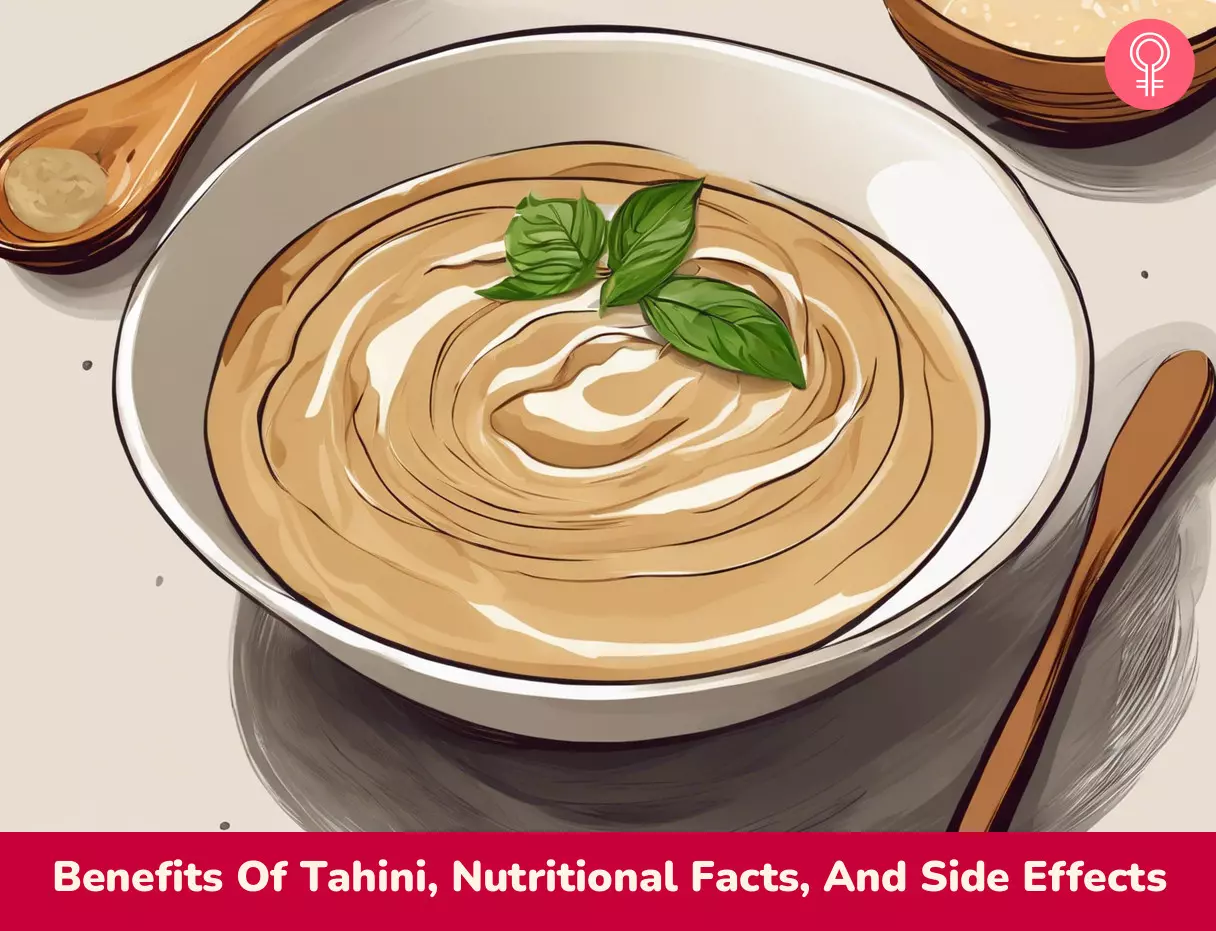
Image: Stable Diffusion/StyleCraze Design Team
Indulge in your favorite snack with this delicious healthy ingredient. The video below discusses the several amazing benefits of tahini on your body, and how they are used. Click play to learn more.
Personal Experience: Source
StyleCraze's articles are interwoven with authentic personal narratives that provide depth and resonance to our content. Below are the sources of the personal accounts referenced in this article.
i. Recipe Review: Tahini Saladhttps://soupspiceeverythingnice.blogspot.com/2014/11/recipe-review-tahini-salad.html
References
Articles on StyleCraze are backed by verified information from peer-reviewed and academic research papers, reputed organizations, research institutions, and medical associations to ensure accuracy and relevance. Read our editorial policy to learn more.
- Tahini
https://fdc.nal.usda.gov/fdc-app.html#/food-details/446287/nutrients - Anti-Inflammatory and Anticancer Properties of Bioactive Compounds from Sesamum indicum L.—A Review
https://www.ncbi.nlm.nih.gov/pmc/articles/PMC6943436/ - Value addition in sesame: A perspective on bioactive components for enhancing utility and profitability
https://www.ncbi.nlm.nih.gov/pmc/articles/PMC4127822/ - Tahini The Magical Condiment In-Depth Look at its Nutritional and Health Benefits
https://www.walshmedicalmedia.com/open-access/tahini–the-magical-condiment-an-indepth-look-at-its-nutritional-and-health-benefits.pdf - Effects of sesame seed supplementation on clinical signs and symptoms in patients with knee osteoarthritis
https://pubmed.ncbi.nlm.nih.gov/24164846/ - Daily sesame oil supplement attenuates joint pain by inhibiting muscular oxidative stress in osteoarthritis rat model
https://www.researchgate.net/publication/283338375_Daily_sesame_oil_supplement_attenuates_joint_pain_by_inhibiting_muscular_oxidative_stress_in_osteoarthritis_rat_model - Magnesium and Osteoporosis: Current State of Knowledge and Future Research Directions
https://www.ncbi.nlm.nih.gov/pmc/articles/PMC3775240/ - An update on magnesium and bone health
https://link.springer.com/article/10.1007/s10534-021-00305-0 - Sesame Lignans Suppress Age-Related Cognitive Decline in Senescence-Accelerated Mice
https://www.ncbi.nlm.nih.gov/labs/pmc/articles/PMC6682928/ - Impact of magnesium on bone health in older adults: A systematic review and meta-analysis
https://www.sciencedirect.com/science/article/pii/S8756328221003999 - Prevalence and Severity of Sesame Allergy in the United States
https://www.ncbi.nlm.nih.gov/pmc/articles/PMC6681546/ - Hypersensitivity to sesame seed
https://www.google.com/url?q=https://www.jacionline.org/article/0021-8707(64)90083-8/fulltext&sa=D&source=docs&ust=1637078236666000&usg=AOvVaw3-3jvozHzoG4ydPDPY4LPW
Read full bio of Rowinda Dimech
Read full bio of Aparna Mallampalli
Read full bio of Ravi Teja Tadimalla
Read full bio of Moksha Gandhi











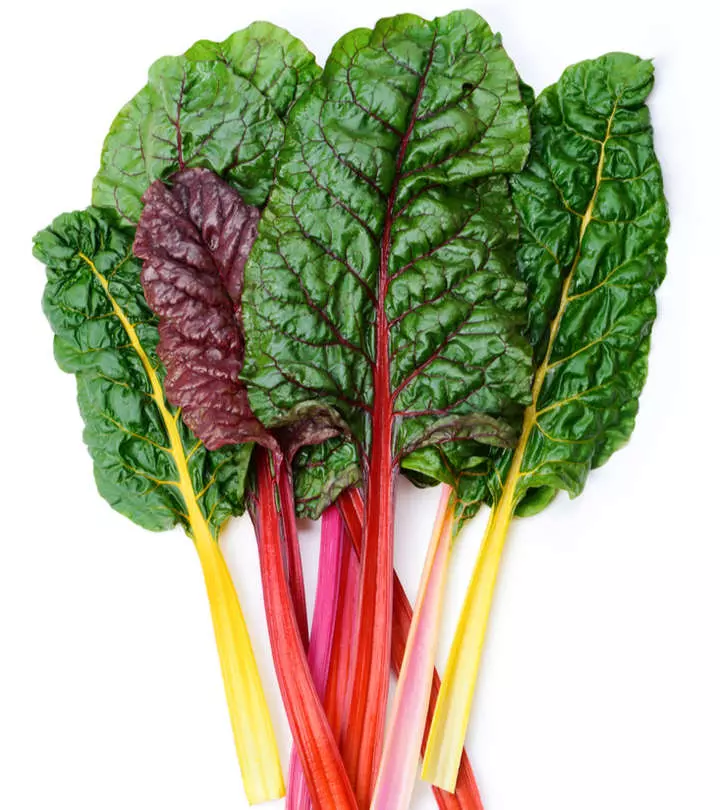
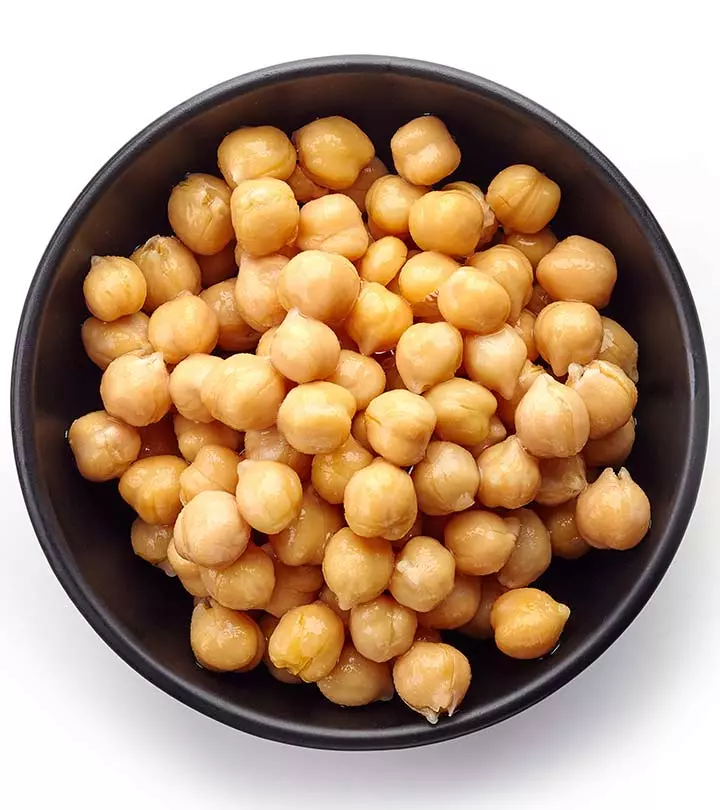
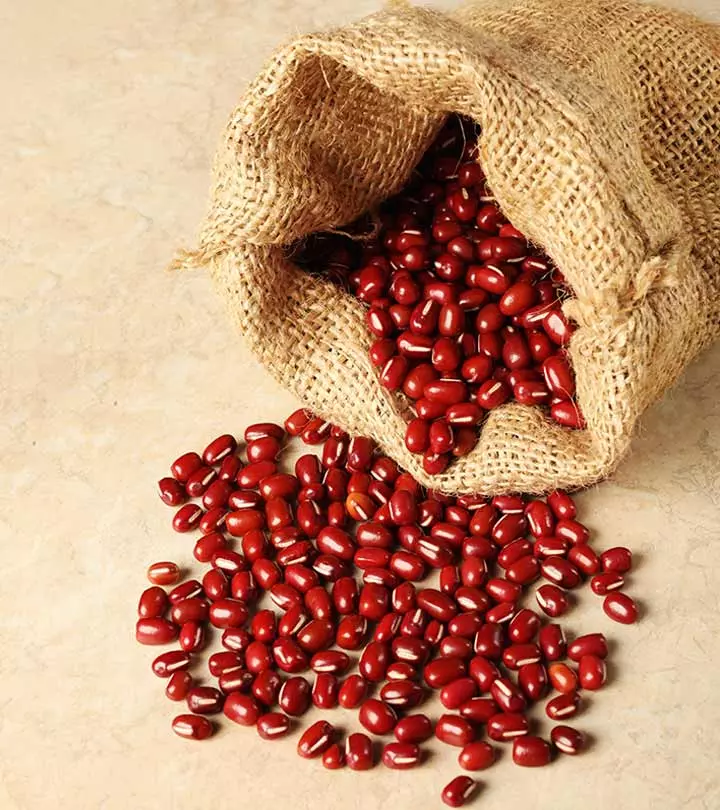


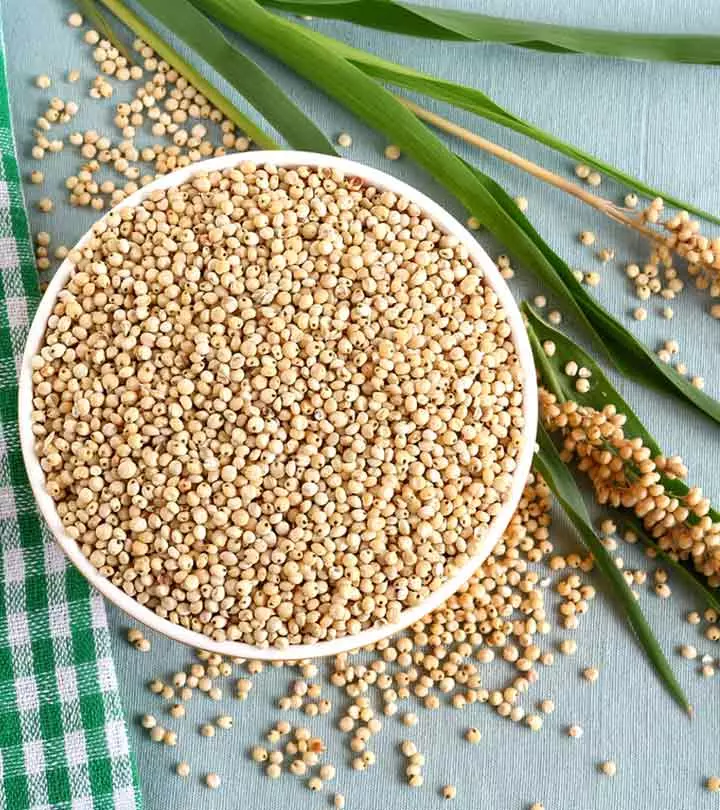
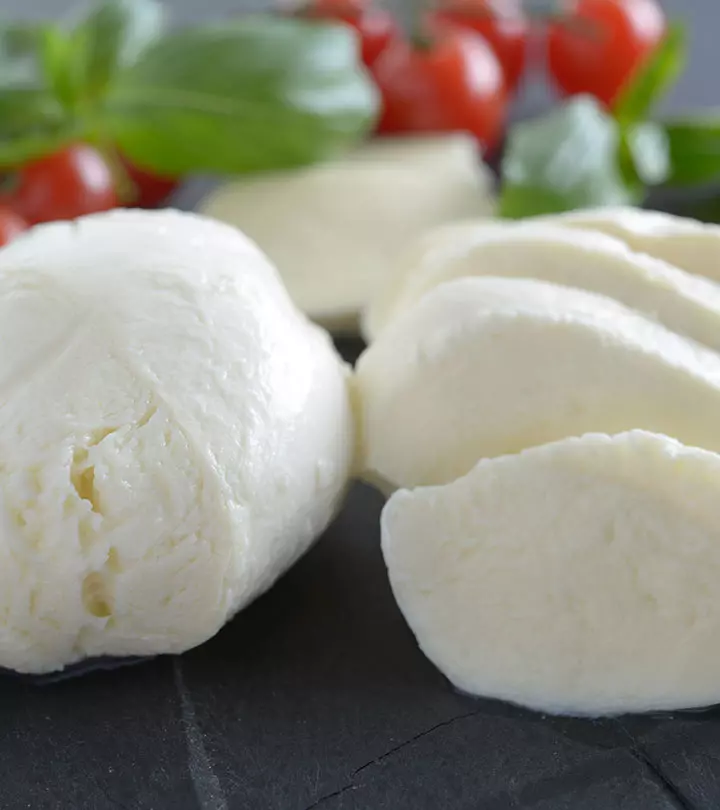
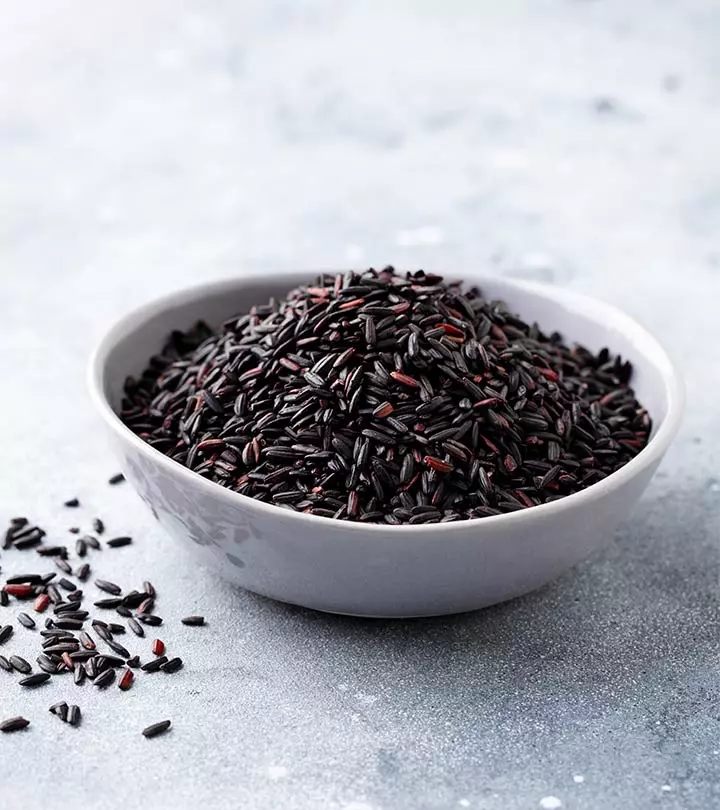

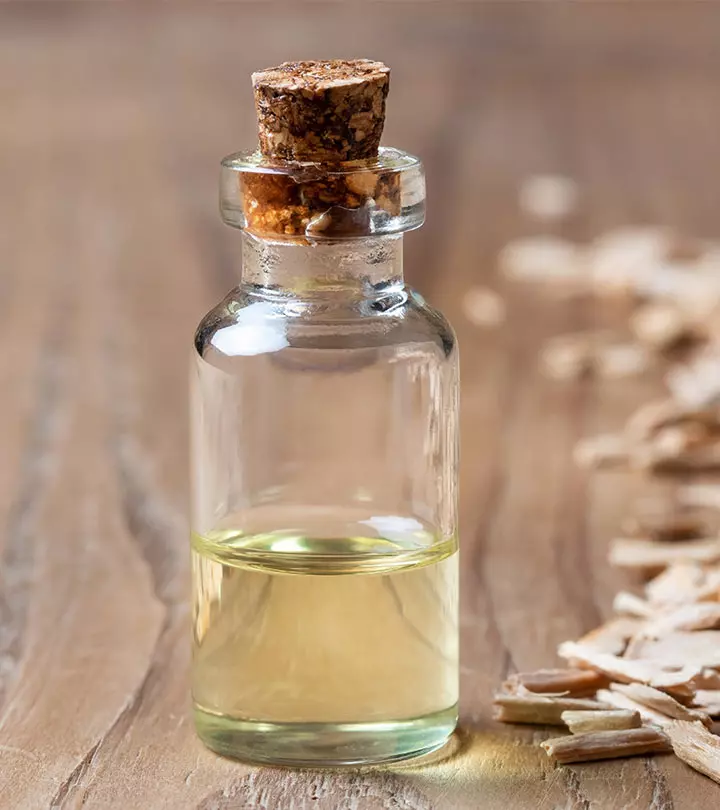

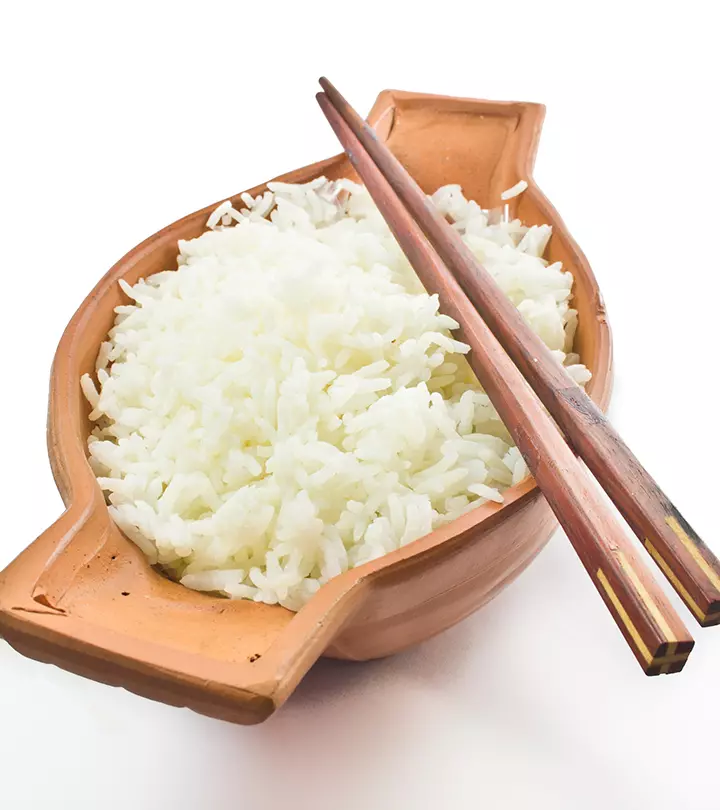
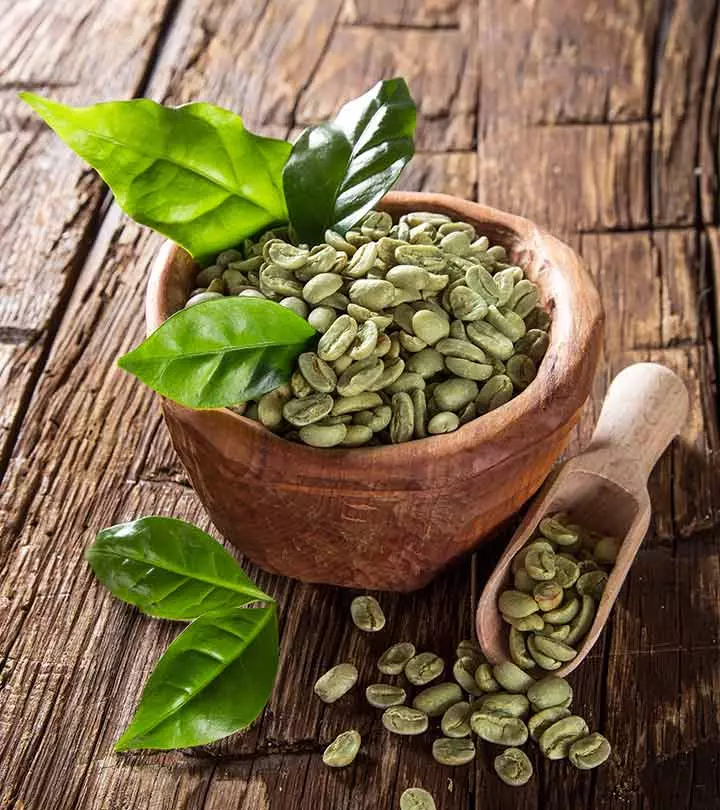


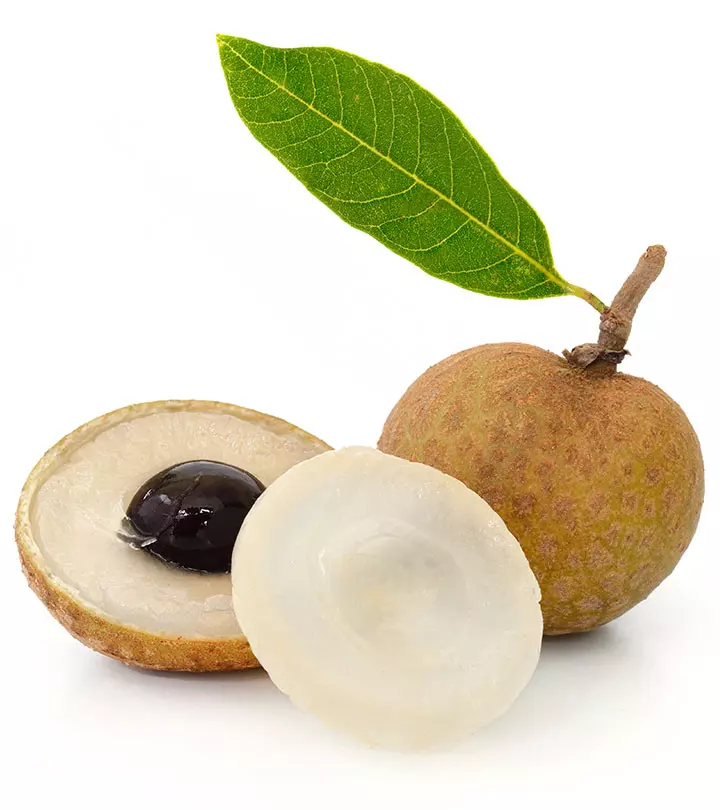
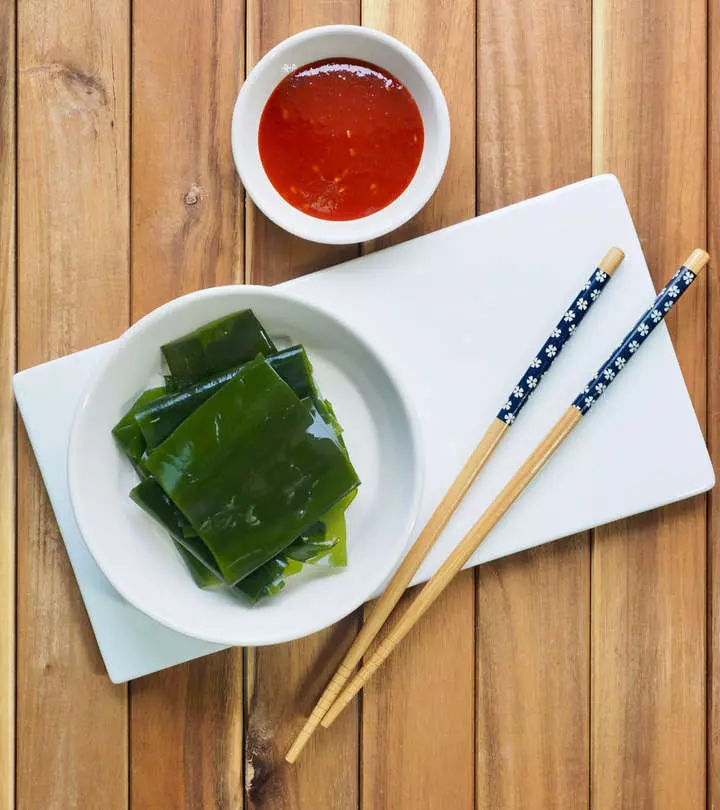
Community Experiences
Join the conversation and become a part of our empowering community! Share your stories, experiences, and insights to connect with other beauty, lifestyle, and health enthusiasts.